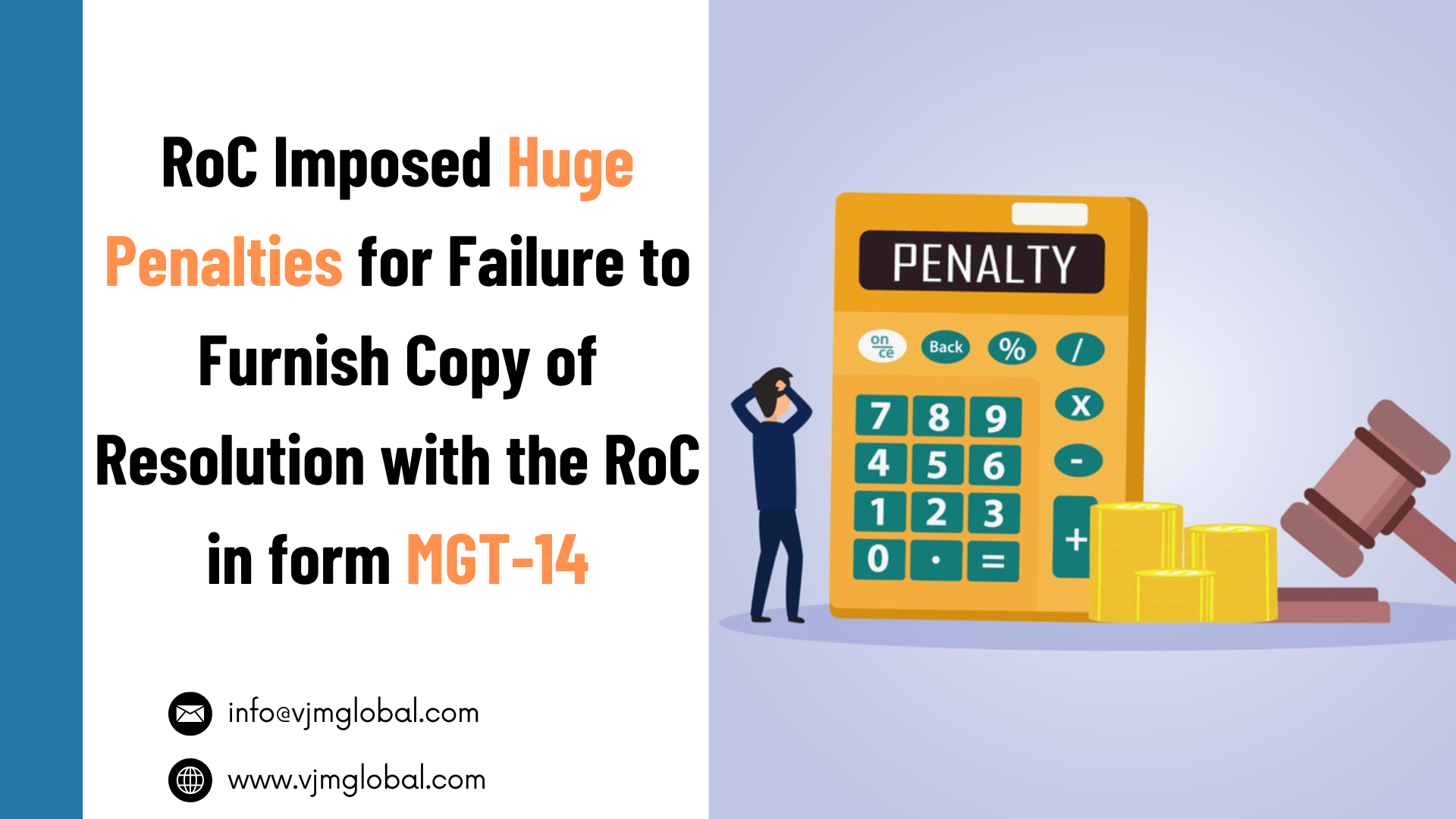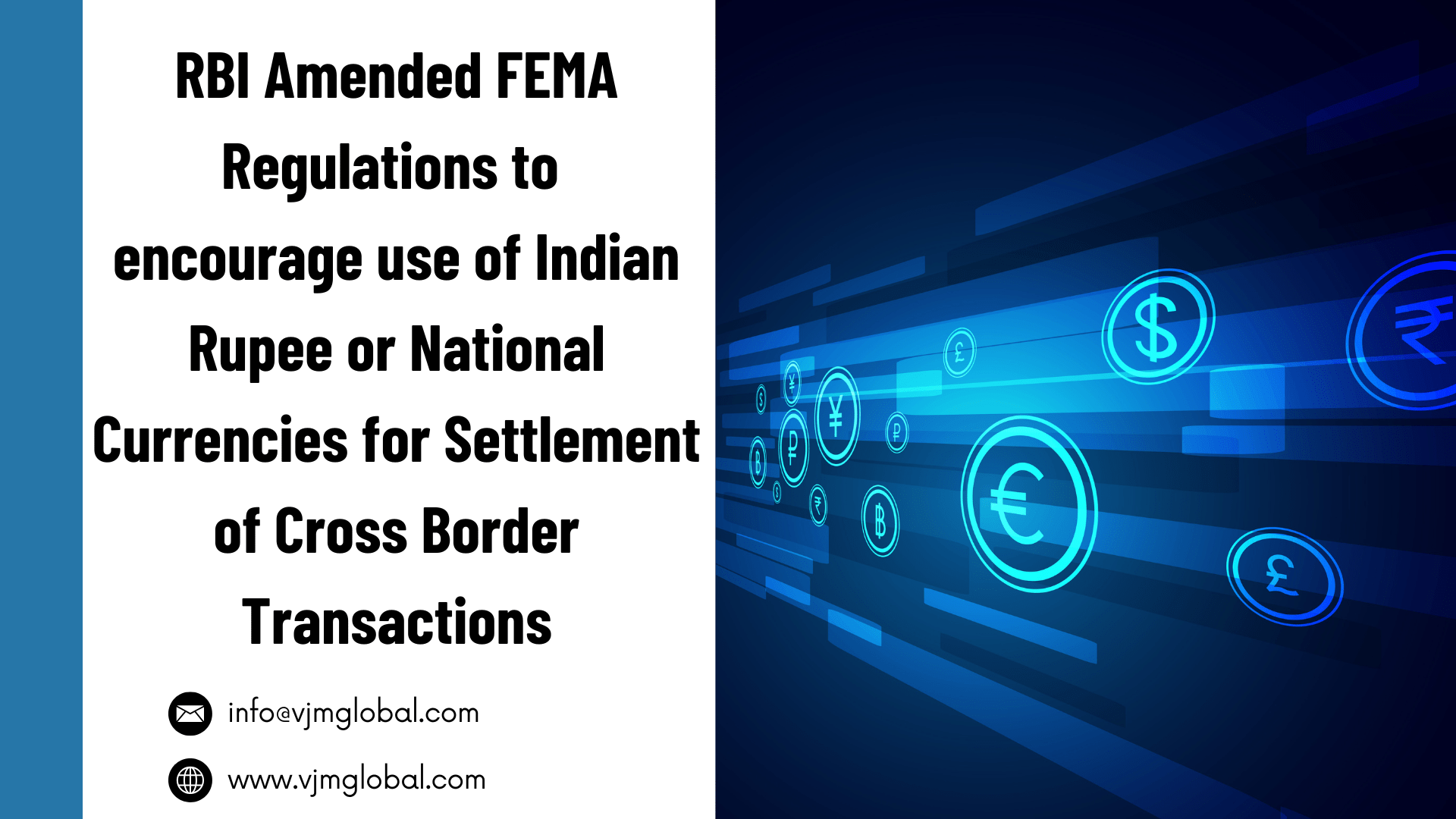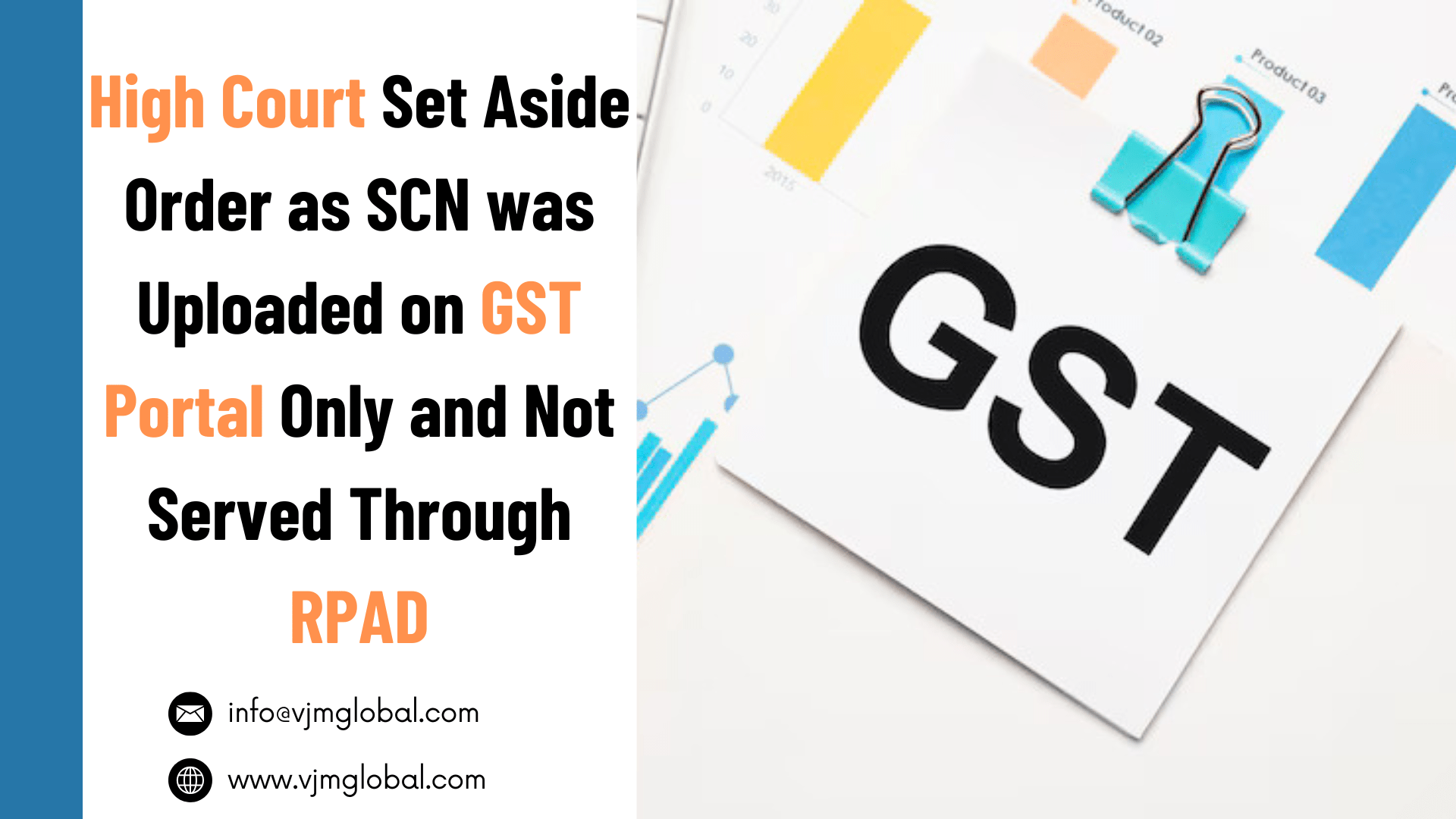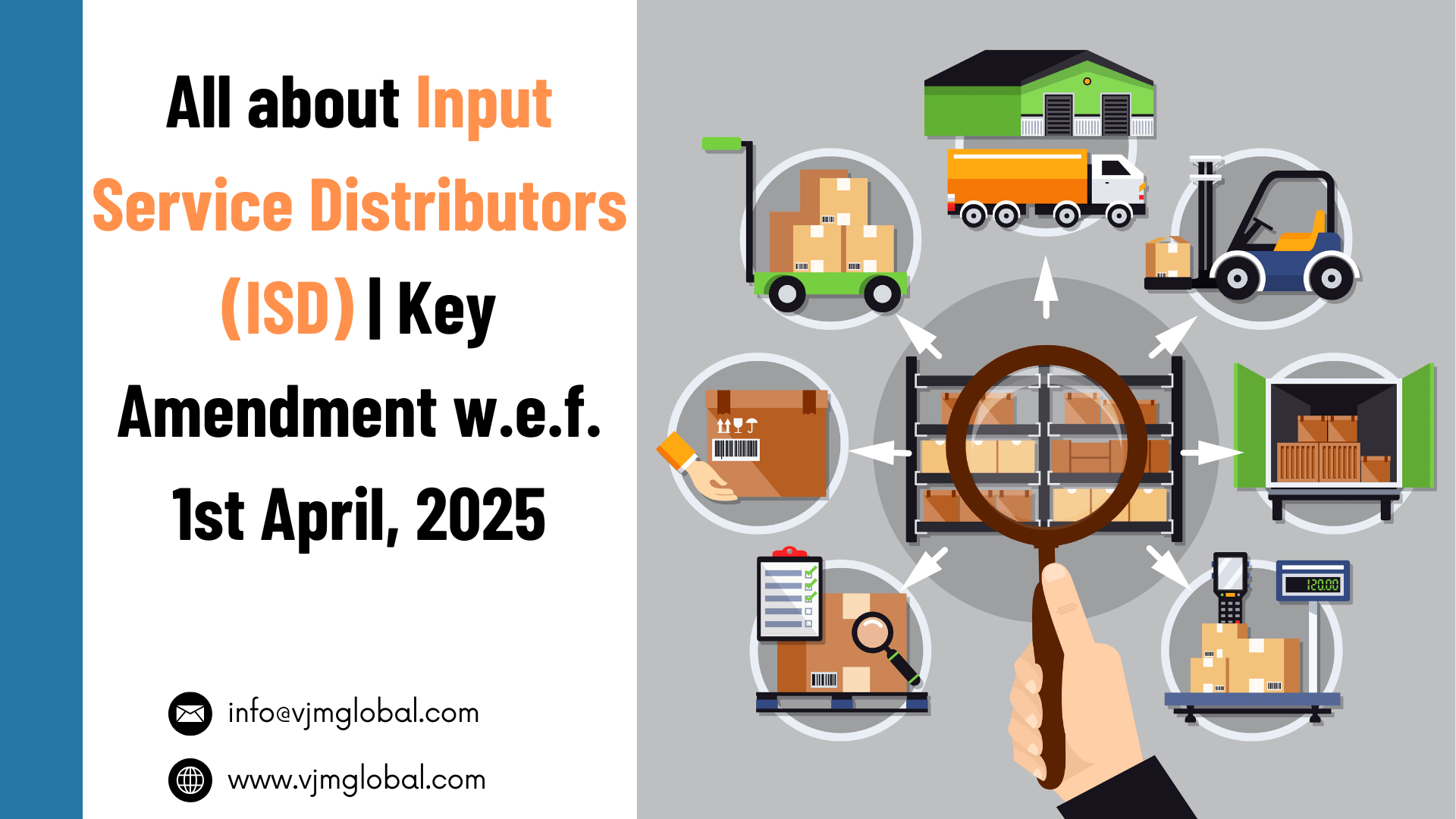Announcements made by the Hon’ble Finance Minister during the Press Conference held on 14 September 2019
In order to address the concerns raised by global as well as domestic investors and provide assurance to the Industry at large on the Government’s commitment to steering the economy to growth, the Hon’ble Finance Minister Smt. Nirmala Sitharaman (‘FM’) has been holding Press conferences announcing various interim measures and relief in the nature of clarifications on existing concerns, prospective policy changes, proposed amendments in law and commitments for additional fiscal support by the Government.
The Hon’ble FM has made detailed ‘corporate style presentations’ on 23 August 2019, 30 August 2019 and 14 September 2019, listing down measures taken by the Government announced thus far and the measures to be taken in the future.
The announcements ranged from existing laws and regulations, sectors like automobiles, exports, Micro, Small and Medium Enterprises (‘MSMEs’), Housing, Infrastructure etc. The measures are focussed to help the economy overcome the impact of a global slowdown.
A. Exports
Steps taken in the last few years:
1. Interest Equalization Scheme (IES)
- Launch of IES on pre and post-shipment rupee export credits from 1 April 2015 for providing interest equalization of 3% to exporters on 416 lines and all for MSME exporters.
- IES rate increased to 5% for MSME exporters with effect from 2 November 2018
- Inclusion of Merchant exporters under IES from 2 January 2019.
2. Trade Infrastructure for Export Scheme (TIES)
- TIES launched with effect from 1 April 2017
- Focussed to address the export infrastructure related gaps in the country.
3. Agriculture Export Policy (AEP)
- Comprehensive AEP launched on 6 December 2018
- Objective to double farmers’ incomes by 2022 with specific focus on exports
4. Transport and Marketing Assistance (TMA) Scheme
- TMA scheme launched with effect from 5 March 2019
- Objective to mitigate the disadvantage of higher cost of transportation for exports of specified agriculture products.
5. Scheme for Rebate of State and Central Taxes and Levies (RoSCTL)
- Scheme specially designed for and focussed on textiles
- Objective to provide a rebate of all Central and State Taxes and Levies pertaining to export of garments and made ups
6. World Bank’s ‘Ease of doing business’ Ranking
- India’s ranking improved from 142 in 2014 to 77 in 2018
- Sub-rank in ‘Trading across borders’ improved from 122 to 80
New Measures announced by Hon’ble FM
| 1 | New scheme for reimbursement of Taxes & Duties on Exports from 1 January 2020 | A new Scheme called the ‘Remission of Duties or Taxes on Export Product’ (RoDTEP) is proposed to be introduced from 1 January 2020. The RoDTEP would replace the existing Merchandise Exports from India Scheme (MEIS). The existing dispensation for the Exports in Textiles sector through of MEIS and old RoSCTL would continue upto 31 December 2019 The erstwhile RoSCTL and MEIS schemes were aimed only at Textile exports. However, the proposed RoDTEP scheme is aimed at various other sectors that enjoy tax incentives in addition to Textiles. In effect, the RoDTEP is expected to incentivize the exporters more than adequately than the existing export promotion schemes put together. The Directorate General of Foreign Trade (‘DGFT’) would announce the detailed coverage, tax incentives, eligibility, procedure and related details of the RoDTEP Scheme soon. These guidelines would be released for public comments before being notified. The expected revenue foregone by the Government is projected at INR 50,000 crores annually. |
| 2 | Fully automated electronic refunds for refund of Input Tax Credits on exports under GST law | Currently, the process for refund claims for ITC paid on exports is not completely under electronic mode. This has led to significant delays in the processing and grant of ITC refunds. The Fully electronic refund module (FORM GSAT RFD-01) for quick and automated refund of ITC is nearing completion and would be implemented by end of September 2019. This is expected to monitor and speed up ITC refunds. |
| 3 | Expanding the scope of ECIS by ECGC | The Export Credit Guarantee Corporation (ECGC) would expand the scope of the Export Credit Insurance Scheme (ECIS) to offer higher insurance cover to Banks lending working capital to exporters for exports. The incidence of insurance premium for MSMEs would also be suitably moderated. This measure would enable reduction in overall cost of export credit including the interest rates, especially benefitting the MSMEs. This initiative is expected to cost about INR 1,700 crores annually. |
| 4 | Revised Priority Sector Lending (PSL) norms for Export Credit | Banks are required to undertake lending to certain sectors identified as priority sectors by the RBI. Currently, exports are not considered as a priority sector activity. Priority Sector Lending (PSL) norms for Export credit have been examined and the enabling guidelines are under consideration of the Reserve Bank of India (RBI). This measure is expected to release an additional amount of INR 36,000 crores to INR 68,000 crores as export credit under priority sector into the economy and boost the credit availability to exporters. |
| 5 | Effective monitoring of Export Financing by the Department of Commerce | Currently, the statistical data on Export Finance is regularly published by the RBI. In order to undertake effective monitoring and timely remedial actions wherever required, real time data pertaining to Export Finance would be actively monitored by an Inter-Ministerial Working Group of the Ministry of Finance and the Ministry of Commerce & Industry. The same would be housed in the Department of Commerce and tracked through a dashboard showing realtime data and periodically reviewed with institutions and carry out active intervention wherever required. |
| 6 | Leverage technology to reduce “Time to Export or Turnaround time” | Time to export/ Turnaround time is the minimum time taken for a shipment to comply with all procedures required to export goods. This is one of the key indicators depicting the ‘Ease of Doing Business’. Currently, Time to Export in India is higher than that of several other countries. The Government aims to reduce the Time to export by further leveraging technology at all levels in the pre-shipment and post-shipment processes. The ongoing process of digitization of all export clearances (port/ airport/ customs, etc) and elimination of offline/ manual services would be prioritised and targeted for timely completion. An Action Plan to reduce the Time to export in airports and ports, benchmarked to international standards would be implemented by December 2019. Real time data on the Actual Time to Export for each port/ airport would be published for performance improvements and facilitate a healthy competition among ports/ airports. An Inter-Ministerial Group of the Ministry of Finance and the Ministry of Commerce & Industry, housed in the Department of Commerce would be made accountable for this initiative. |
| 7 | Annual mega shopping Festivals | The Government has proposed to hold ‘Annual mega shopping festivals’ in India on similar lines of those held in Dubai, London, etc. These festivals are expected to be organized in 4 different places by March 2020. The sector under focus are Gems and Jewellery, Handicrafts, Yoga, Tourism, Textiles, and Leather. These festivals are expected to create various opportunities for the Indian exporters including the MSMEs and simulate growth by attracting various market opportunities. |
| 8 | Special FTA Utilisation Mission | India has entered into Free Trade Agreements (FTA) with various countries/ blocs globally from time to time. It has been observed that the eligibility/ benefits under the FTA are not being effectively utilised predominantly due to due to lack of awareness among Indian exporters. Accordingly, the Government has focussed its efforts on undertaking a Special FTA Utilisation Mission which would be headed by a Senior officer in the Department of Commerce. The Mission would work exclusively with the Federation of Indian Export Organisations and various registered Indian export houses to utilise the concessional tariffs in each FTA, enhance awareness of preferential duty benefits among MSMEs, disseminate and facilitate compliance requirements (Rules of Origin/ Certificate of Origin etc.) under FTAs for importers and exporters and set goals for FTA utilization by having an effective FTA monitoring system in place. This measure is expected to bring in additional opportunities for Indian exporters, which were hitherto not adequately pursued by Indian exporters. |
| 9 | Online “Origin Management System” | Certificate of Origin is one of the important documents for fulfilling export procedures globally. The Government has proposed to introduce an Online“Origin Management System” for exporters to enable them to obtain Certificates of Origin (under Rules of Origin) electronically. This facility would be launched in the next few weeks by DGFT in collaboration with the Exports Inspection Council. This measure is expected to significantly improve the ease of doing business for exporters. |
| 10 | Time bound adoption of mandatory Technical Standards | Time bound adoption of the necessary/ mandatory technical standards by the Industry is essential to elevate the quality and performance ecosystem, enhance competitiveness and address the issue of sub-standard imports. A Working Group on Standards would be set up in the Department of Commerce to work with the Industry and lay down a roadmap for adoption of Standards, their timelines and their enforcement. This measure is expected to be a big boost in enabling Indian products to overcome Non-tariff barriers in exports. |
| 11 | Affordable testing and certification infrastructure | Affordable testing and certification infrastructure would be adequately expanded and developed under Public-Private Partnership (PPP) mode in order to enable exporters undertake to get their products tested and certified to internationally accepted tests within India. This measure would reduce costs of adoption of standards and certification for Indian exporters to meet national standards of FTA partners |
| 12 | Enable handicrafts industry to effectively harness e-commerce for exports | Handicrafts industry suffers from lack of adequate marketing facilities and promotion for their products. In order enable seamless exports and creation of new opportunities for the Indian handicrafts Industry, a special dispensation for facilitating and on-boarding handicrafts artisans and handicraft cooperatives directly on e-commerce portals would be launched. In this process, a mass enrolment of artisans across India would be undertaken along with the help of the Ministry of Textiles and organisations like TRIFED, CIE, etc. |













